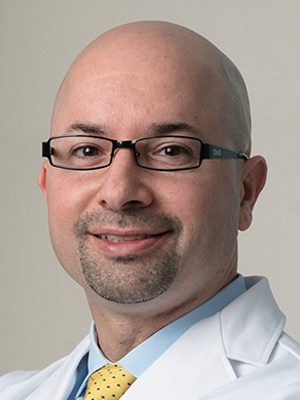FYI: Amalgam Fillings… Should you replace your old amalgam tooth fillings?
We have chosen not to use amalgam fillings at Dental Associates. In fact, we have been amalgam free for over two decades. However, amalgam fillings have been in use for well over one hundred years. They are composed of Mercury and Silver, with other trace metals. Despite the fact that amalgam is over fifty percent mercury, we do not automatically recommend replacing them if they are functioning correctly.
There are plenty of appropriate reasons why they should be replaced. The most likely reason amalgams are replaced is that they become defective over time. The defects include too much tarnish, poor fit, wear, and breakage. Conversely, the tooth supporting the filling can weaken and crack, necessitating immediate replacement.
The most popular reason to replace them is cosmetic. Amalgam is a gray color when placed. It can achieve a silver-metallic sheen in time, but then it begins to tarnish and turn black. The tarnish can become so bad that it begins to turn the tooth dark. At this point the filling must be replaced because it will have lost its structural integrity.
Another likely reason amalgams are removed is related to health. If a primary care practitioner feels that their patient’s health can improve by ridding the body of mercury and heavy metals, they will refer to us for safe amalgam removal. Measurable amounts of mercury are liberated as gas every time we chew or eat hot food. Mercury is a known toxin, and if levels are too high, or if one’s ability to detoxify it are compromised, toxicity can occur. It also has no biological function in the human body. Simply put, we do not need it. Even our own government has recommended phasing out the use of mercury in dental fillings!
 Fortunately, tooth colored composite fillings have been available for decades. Their use is proven, and they contain no mercury.
Fortunately, tooth colored composite fillings have been available for decades. Their use is proven, and they contain no mercury.
We encourage you to ask us about your amalgam fillings on your next visit. We’ll be more than happy to answer any questions you may have.
Wishing you great dental health!
Dr. Scott Solomons















